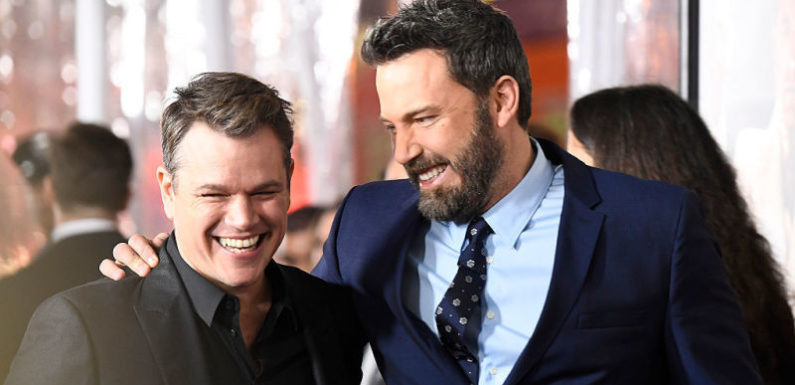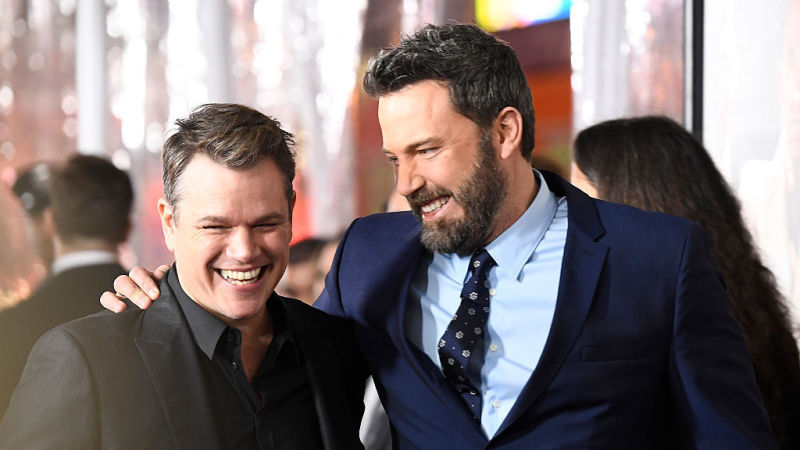
Frances McDormand has lit a fire under Hollywood.
It all started at the Oscars, when she challenged her colleagues with a two-word call to action: “Inclusion rider.”
Frances McDormand really set Hollywood’s talking point for the next year when she ended her best-actress acceptance speech at this year’s Oscars with these two words: “inclusion rider.” The actress left the room abuzz, while viewers at home frantically began Googling the phrase—which refers to a contractual stipulation that stars can include in their contracts, assuring that their film sets are inclusive both on and off-screen. On screen, specifically, the goal is to reach at least 50 percent gender parity, with 40 percent inclusion for people of color, 5 percent L.G.B.T.Q. inclusion, and 20 percent disabled inclusion.
It’s true that stars have been fighting for parity and inclusion on a case-by-case basis for years. Look at any of Ava DuVernay’s productions, including the just-released Wrinkle in Time, which re-envisioned white characters from the book with a multiracial cast (and provided opportunities for minorities in jobs throughout her set); Ryan Murphy’s Half Initiative, which has committed to creating equal opportunities for women and minorities behind the camera; or Jessica Chastain’s recent “favored nations” negotiation for her upcoming holiday comedy with Octavia Spencer, which matched Spencer’s salary to hers.
Unlike their colleague, Damon and Affleck don’t have a sterling track record when it comes to working on inclusive projects on screen. Damon in particular tripped into some hot water during a new season of Project Greenlight in 2015, when he told Dear White People producer Effie Brown that diversity was only needed in front of the camera—not behind it. His remarks quickly went viral, prompting Damon to issue a clarification. In 2016, he was also criticized for playing a white-savior character in the China-set film The Great Wall. Since then, he hasn’t exactly stopped making uncomfortable remarks that get him in trouble—and neither has Affleck. The last few films produced by Pearl Street haven’t exactly been pictures of inclusion; Live by Night and Manchester by the Sea are two recent examples.
The inclusion rider a recent concept, developed in 2016 by University of Southern California (USC) professor Stacy Smith and attorney Kalpana Kotagal as a tool to ensure that a film’s cast “match or reflect the demography of where the story is taking place”.
It received a high-profile endorsement at this month’s Oscars, when Best Actress winner Frances McDormand used her acceptance speech to promote the scheme.
Damon has previously been criticised for failing to support filmmakers from diverse backgrounds, after his HBO reality TV competition Project Greenlight (2001-2015), which offered financial backing to independent filmmakers, was accused of under-representing minority groups. In the show’s first and third series, an all-white, all-male judging panel chose a white, male winner.

